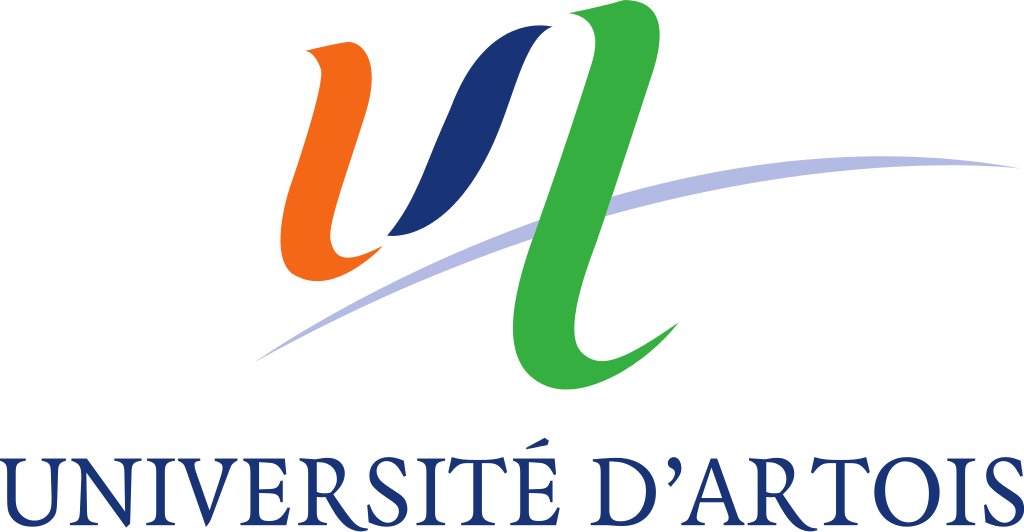Lost in translation: Language independence in propositional logic - application to belief change
Résumé
While propositional logic is widely used as a representation framework for many AI applications, the concept of language independence in the propositional setting has not received much attention so far. In this paper, we define language independence for a propositional operator as robustness w.r.t. symbol translation. We motivate the need to focus on symbol translations of restricted types, introduce and study several families of translations of interest, and provide a number of characterization results. We also identify the computational complexity of recognizing symbol translations from those families. Then we investigate the robustness of belief merging, belief revision and belief update operators w.r.t. translations of different types. It turns out that some rational merging/revision/update operators are not guaranteed to offer the most basic (yet non-trivial) form of language independence
